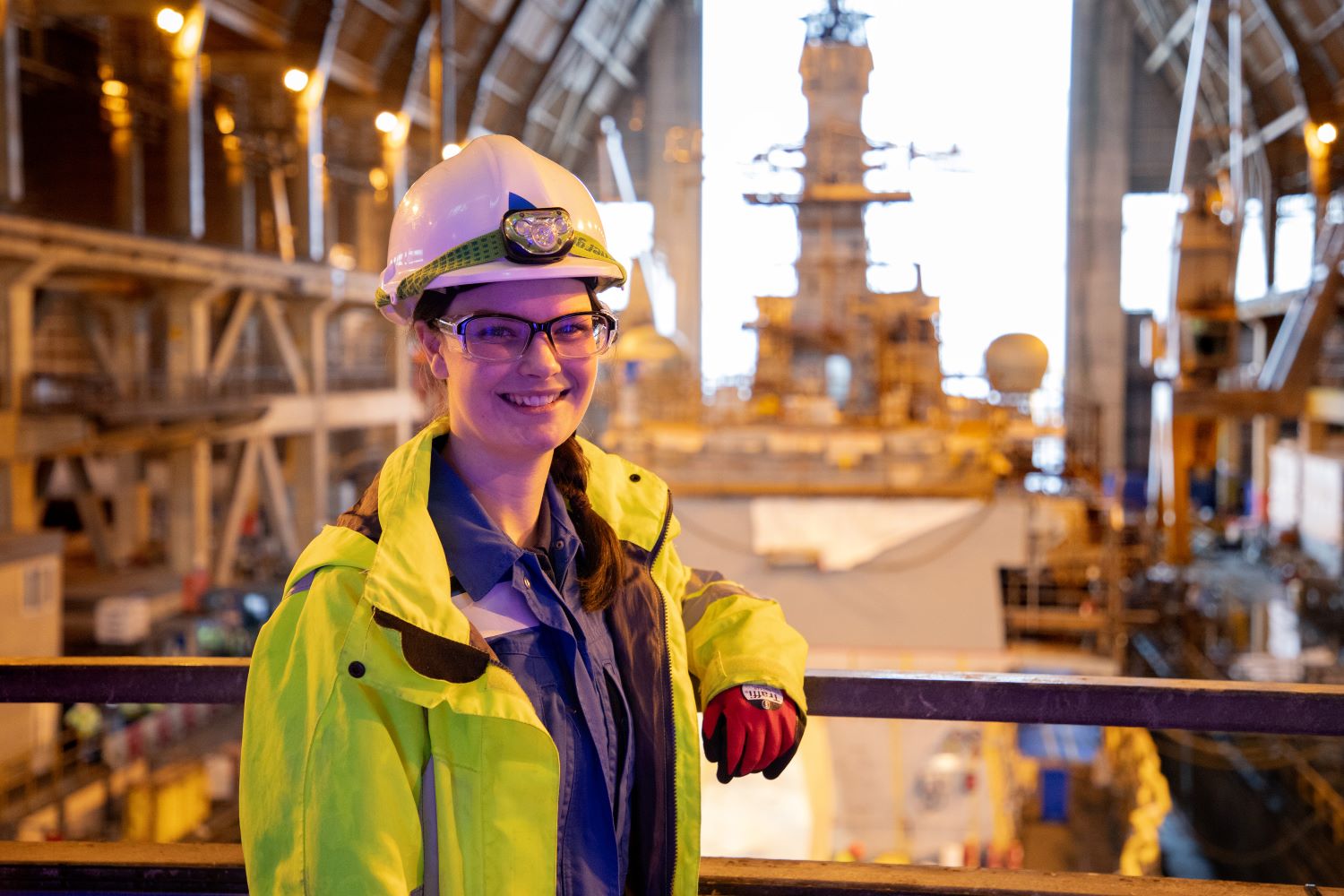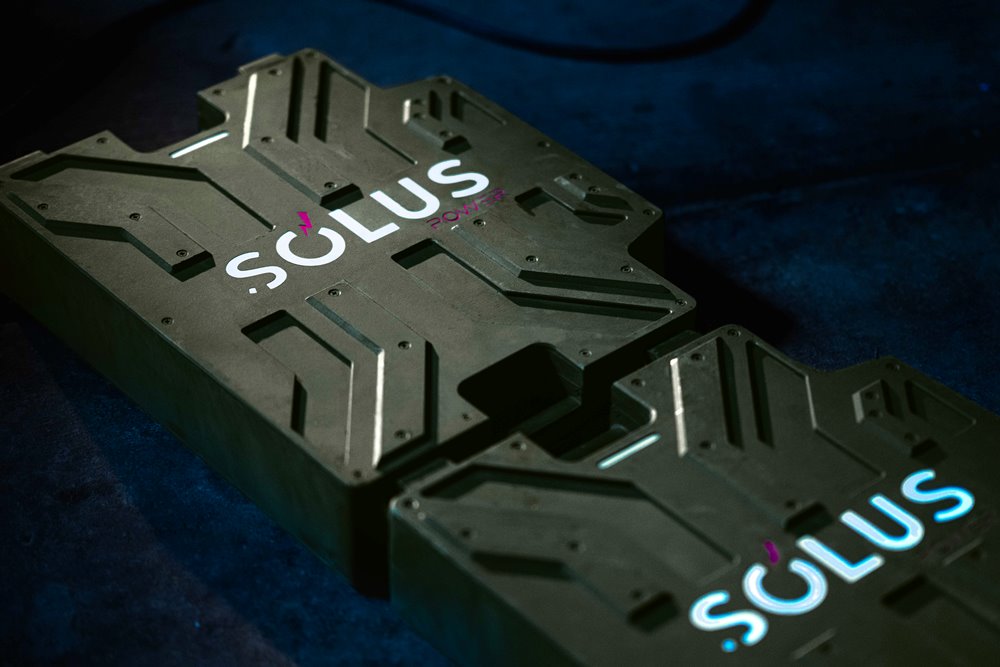Rolls-Royce and Snecma to continue engine design on FCAS
 With the current two-year Demonstration Programme Preparation Phase to be completed in the coming months, the new agreement signed by the two governments will guide discussions on an upcoming contract for the Feasibility Phase. The aim of this new phase is to start more in-depth design studies, backed by increased funding. The governments will provide £120 million to the six manufacturers teaming up on this project: Dassault Aviation, BAE Systems, Thales, Selex ES, Snecma and Rolls-Royce. The power systems companies are participating through their 50:50 joint venture, Rolls-Royce Snecma Ltd., established in 2001. Negotiations for the second phase should culminate in a contract notification by the two governments in the last quarter of 2014.
With the current two-year Demonstration Programme Preparation Phase to be completed in the coming months, the new agreement signed by the two governments will guide discussions on an upcoming contract for the Feasibility Phase. The aim of this new phase is to start more in-depth design studies, backed by increased funding. The governments will provide £120 million to the six manufacturers teaming up on this project: Dassault Aviation, BAE Systems, Thales, Selex ES, Snecma and Rolls-Royce. The power systems companies are participating through their 50:50 joint venture, Rolls-Royce Snecma Ltd., established in 2001. Negotiations for the second phase should culminate in a contract notification by the two governments in the last quarter of 2014.
Since the launch of initial studies in September 2012, Snecma and Rolls-Royce have successfully combined their respective technological expertise and agreed workshare arrangements to satisfy challenging technical requirements of the propulsion and integrated power system. Studies to date have focused on the development of the enabling propulsion technologies for the FCAS demonstrator, and the generation of electrical power for the aircraft's systems and sensors. The feasibility phase will enable both companies to expand their design studies based on new propulsion system concepts and technologies for operational aircraft.
Bob Stoddart, Rolls-Royce President, Customer Business – Defence, added: “Together Rolls-Royce and Snecma can bring both the technical expertise needed to develop this leading edge propulsion system capability and the experience of partnership that will enable its delivery on-time and on-budget. Today’s announcement further underlines the confidence that the Governments of the UK and France have in our ability to achieve this.”
Didier Desnoyer, Executive Vice President, Military Engines at Snecma, said: “The signature of this Programme Arrangement underscores our excellent relations with the project partners, and especially Rolls-Royce through our joint venture. Our technical teamwork has proceeded very smoothly over the last two years, and we are very pleased to be continuing our joint work on these extremely promising technologies. Our people are totally focused on achieving the optimum technical and industrial tradeoffs that will allow us to meet the ambitious goals of the French and British governments."









